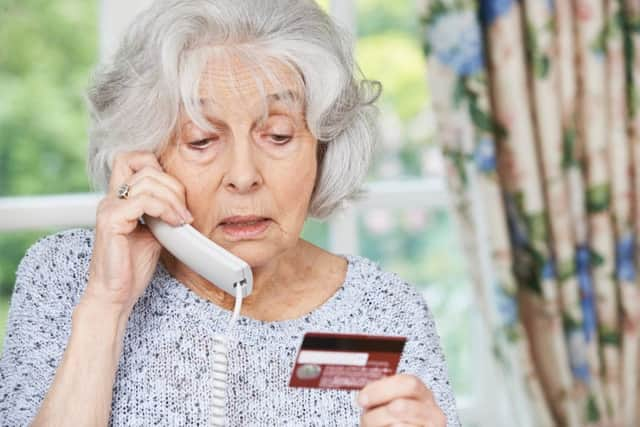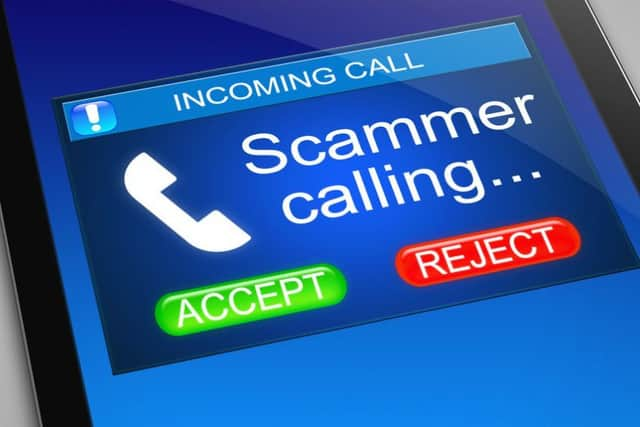Northants residents targeted by scam calls from fake police officers


Police have issued a warning after several reports from local people about the phone scam which has resulted in them losing money to the tricksters.
The victims have received a call from someone pretending to be a police officer from the Metropolitan Police.
Advertisement
Hide AdAdvertisement
Hide AdTo substantiate this claim, the caller might be able to confirm some easily obtainable basic details about the victim such as their full name and address.


They may also offer a telephone number for the victim to call to check that they are genuine; this number is not genuine and simply redirects to the fraudster who pretends to be a different person.
After some trust has been established, the fraudster will then, for example, suggest;
- Some money has been removed from a victim’s bank account and staff at their local bank branch are responsible.
Advertisement
Hide AdAdvertisement
Hide Ad- Suspects have already been arrested but the “police” need money for evidence.
- A business such as a jewellers or currency exchange is operating fraudulently and they require assistance to help secure evidence.
Victims are then asked to cooperate in an investigation by attending their bank and withdrawing money, withdrawing foreign currency from an exchange or purchasing an expensive item to hand over to a courier for examination who will also be a fraudster. Again, to reassure the victim, a safe word might be communicated to the victim so the courier appears genuine.
At the time of handover, unsuspecting victims are promised the money they’ve handed over or spent will be reimbursed but in reality there is no further contact and the money is never seen again.
Advertisement
Hide AdAdvertisement
Hide AdAnyone who may be vulnerable to this type of scam can protect themselves by remembering that their bank of the police will never
- Phone and ask for your PIN or full banking password.
- Ask you to withdraw money to hand over to them for safe-keeping, or send someone to your home to collect cash, PIN, cards or cheque books if you are a victim of fraud.
Don’t assume an email or phone call is authentic. Just because someone knows your basic details (such as your name and address or even your mother’s maiden name), it doesn’t mean they are genuine. Be mindful of who you trust – criminals may try and trick you into their confidence by telling you that you’ve been a victim of fraud.